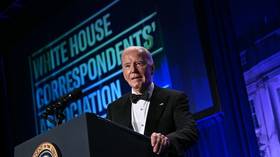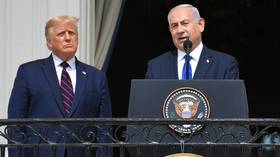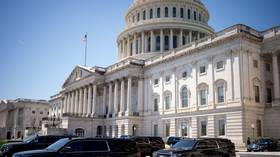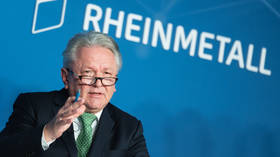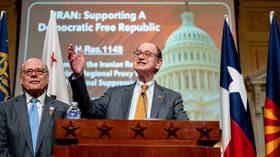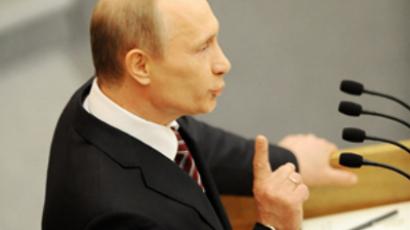President and business push for accountability on state corporations
President Dmitry Medvedev met business leaders to hear feedback on the effect of anticrisis measures taken so far, and found new ideas to drive the economy after the crisis.
30 representatives from big business met with President Medvedev to focus on the post-crisis economy. It was their first meeting in a year – and they had plenty to say.
The Head of the Union of Industrialist and Enterpreuners spoke for most of those present – when he said privatisation was key to developing the economy – and adding that it was time to look at the privileges of state corporations. President Medvedev found a receptive audience when he noted that privatisation had been going on too long.
“Talking about the privatization of government assets, this work is taking too long. We've had 20 years of privatisation and now it's time to draw conclusions: We can establish what the government share in the economy should be – but this estimate is good only for the next decade or so.”
The President added that many state corporations should simply disappear of become standard corporations without state protections noting, “I think that at some moment the creation of state corporations got out of control.”
The comments come ahead of a report due next month on the role of state corporations by the state prosecutor, after President Medvedev called for an investigation in August. State corporations do not have to publish financial results, and are overseen by councils which report to the government annually. Their relative freedom from the risk of bankruptcy and opaque reporting has generated concerns that management has considerable scope for inefficiency, at best, or corruption, at worst.
For its part, the government was also looking for advice on when to stop adding and begin withdrawing government supports for financial system.
VTB head, Andrei Kostin, indicated that the government measures had largely done their job in warding off a collapse of the financial system and it was now time for that system to stand on its own, and allow the government to ease out.
“Banks support the cutting of the government's activities in the financial sphere. The Government has lent 180 billion roubles, and now this investment is worth 240 billion roubles, so we can return this money with interest. There are no objective reasons to leave the government share in VTB at more than 80%, instead of the pre-crisis level of 77%.”
Further evidence of the post downturn economic direction may be President Medvedev's proposals to push government corporations to evolve into a new corporate structure.
With the Government acknowledging that it currently controls more than half of Russia’s economy, the outlook is for large scale privatisation simply to bring government ownership to levels with comparable economies elsewhere, and allow the private sector to take up the economic slack.


